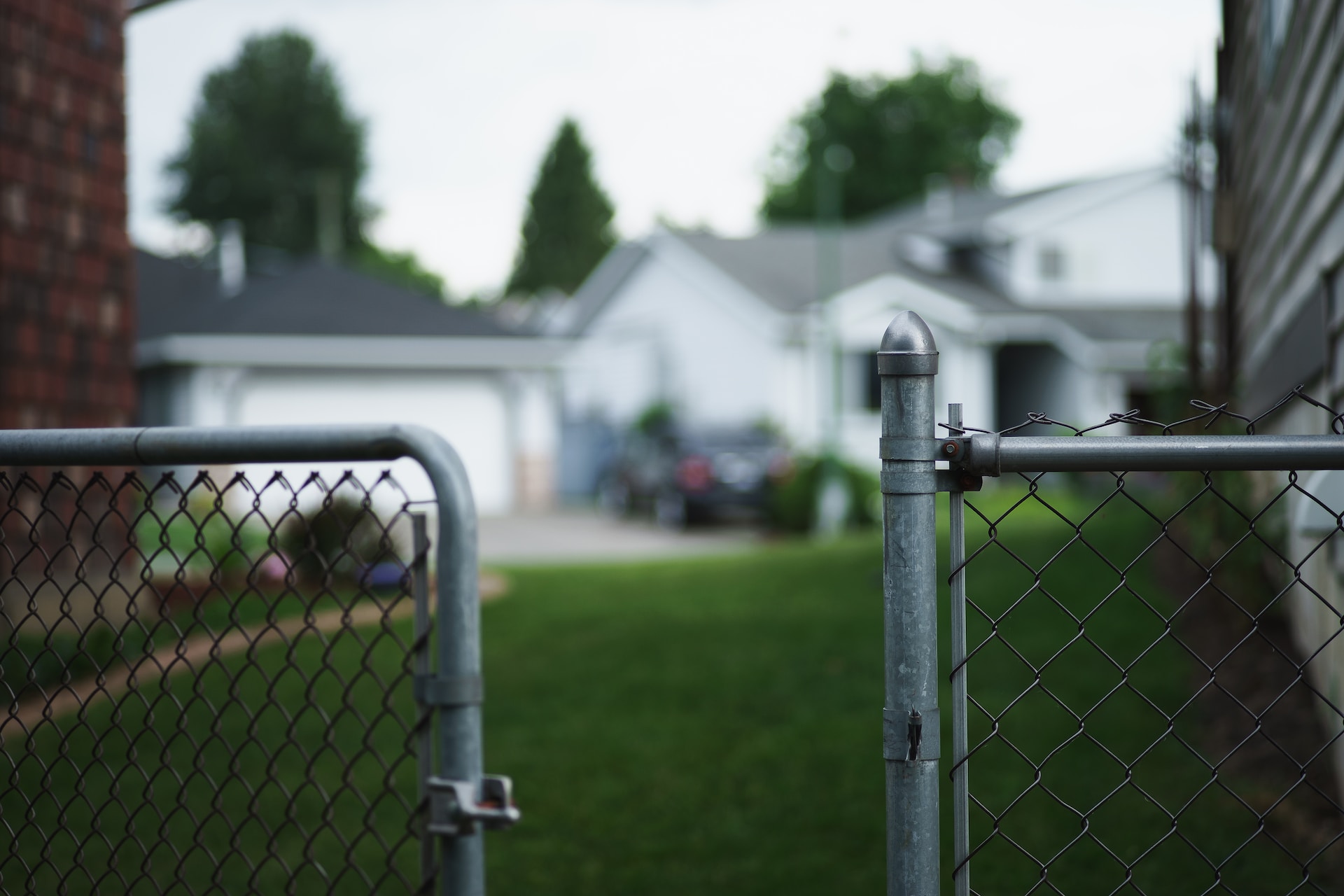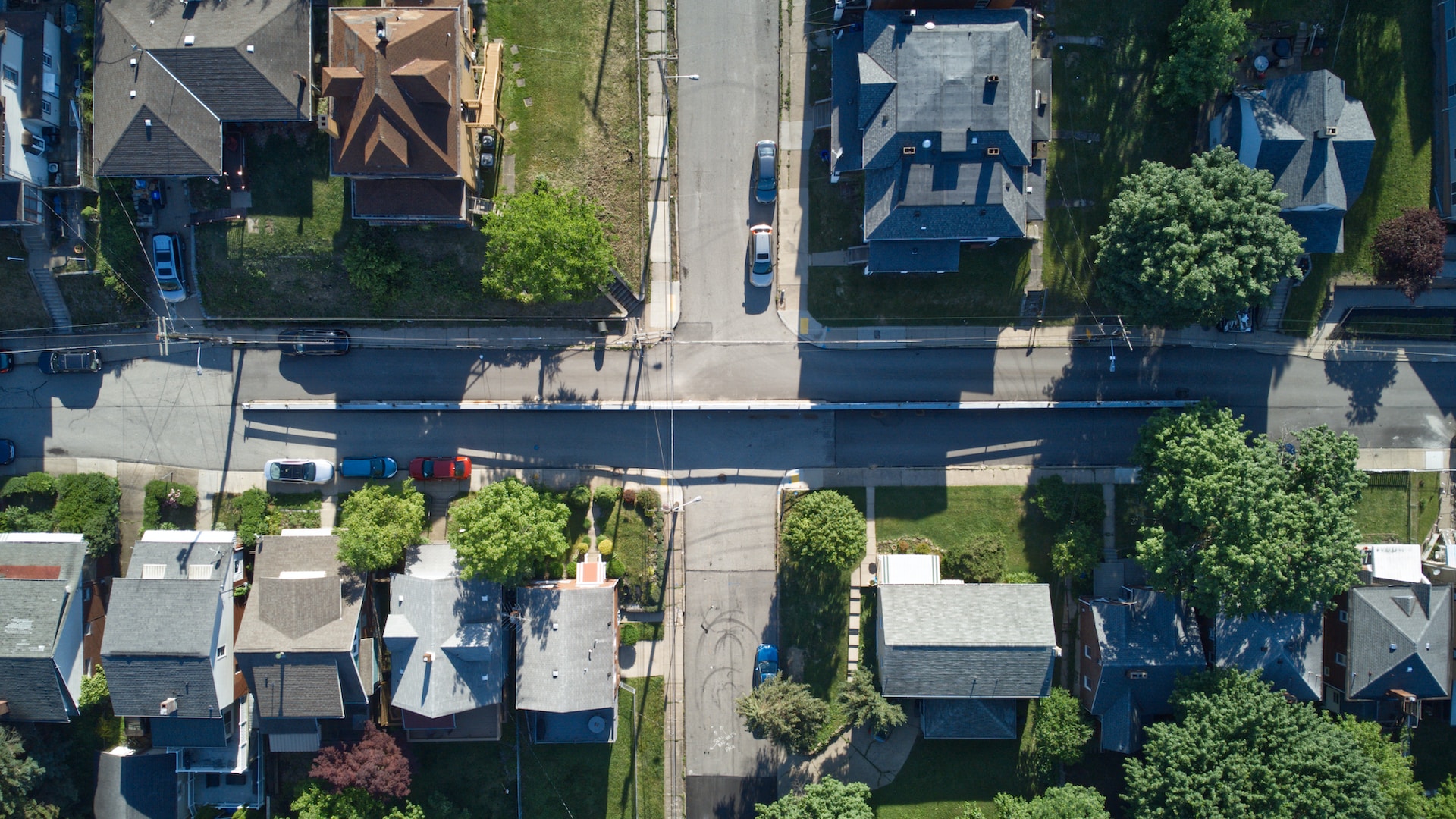
We’re not at all surprised that foreclosures are up. The data shows that properties in foreclosure in the United States grew just north of 35,000 units in May this year.
While the general public often regards increased foreclosures with housing market anxiety, we see opportunity. Let’s talk about how we got here…and what it means for real estate investors!
Why Are Foreclosures Increasing?
An influx of foreclosures was always coming in the wake of the pandemic-era housing market. Housing prices have grown 88% over the past decade. They accelerated into double-digit percentage gains year-over-year in 2021. At the same time, people were clamoring to buy regardless of how high the competition pushed the prices.
Pandemic homebuyers are plagued with buyer’s remorse, with many feeling as though they rushed into things or overpaid for their properties. When you combine a host of buyers pushing their housing budgets to the upper limit and a dismal economy plagued by inflation…
It’s a recipe for foreclosures.
Generally, foreclosures are regarded as a bad sign. After all, they indicate financial distress among the general population. There are implications for lender losses, credit score woes, and the job market. At the same time, however, foreclosures create unique investor opportunities. And in our unique time and market conditions, an influx of foreclosures may help tip the balance back towards a more reasonable real estate market.
3 Things Foreclosures Portend for Real Estate Investors
1. Inventory Increases
We know by now that inventory is the big sticking point in the real estate market. Chronic inventory shortages have kept prices high despite rising interest rates. That said, builders are working to add a consistent influx of new inventory to the market. But with more homeowners refusing to sell (when they would have under different conditions), supply keeps coming up short.
Foreclosures mean more inventory, whether homeowners want to sell or not. It’s not how we want to get new stock, but it’s more supply, nonetheless.
2. Shifting Prices
Foreclosures can impact housing prices in two ways. Because inventory goes up, costs trend down. Foreclosures will help alleviate the squeeze we’ve all been feeling. Additionally, foreclosed homes can often be bought at a reduced price as the lender (now owner) tries to recoup their losses on a defaulted mortgage.
Savvy investors would do well to look out for deals on foreclosed properties in their respective investment markets. Even if you don’t buy, a foreclosure increase indicates change is coming. Make preparations to buy when the right opportunity arises!
In most cases, foreclosures make people panic. Obviously, having one’s home foreclosed on isn’t a good experience. It can be financially devastating and hinder credit-based leverage for years to come. Most people see it as a stigma and bad for the economy. And we’re definitely not going to pretend it’s all positive!
However, the real estate market desperately needs price stabilization. Because foreclosures increase supply and list for lower, they can only help our current home prices.
3. Surge in Rentership
Finally, an influx of foreclosures has significant implications for the rental market. Many Americans are unprepared for the costs of homeownership between high asking prices, rising insurance costs, property taxes, and maintenance costs.
When homeowners push themselves to the high ends of their lending limits, these extra costs – plus inflation and employment woes – can make homeownership untenable. That’s if they can save up for a downpayment in the first place!
We can expect the rental market to grow in response when foreclosures rise. Those families will need housing, and it’s unlikely they’ll be prepared to buy again for some time. Foreclosures also deter would-be homebuyers from jumping into the fray for fear of the same fate. They’ll often rent instead, finding the overall cost burden lower even if rental rates are significantly higher than an estimated mortgage payment.
If you’re worried about increasing foreclosures, don’t be – the levels we’ve reached aren’t excessive but more in line with normal levels.
The end of pandemic-era housing moratoriums and provisions naturally led to this influx. We would need to see a much bigger spike to think we were in some kind of foreclosure crisis!
Ultimately, the word to encapsulate rising foreclosures is opportunity. While we don’t wish foreclosure on anyone, we can’t deny the distinct opportunities and balancing potential these distressed properties add to the market.
With 20 years of experience behind us, we've seen the highs and lows of the real estate market. Ask us why our investors continue to thrive!












